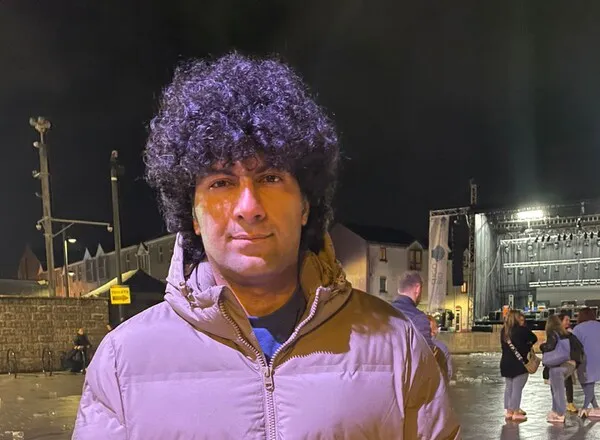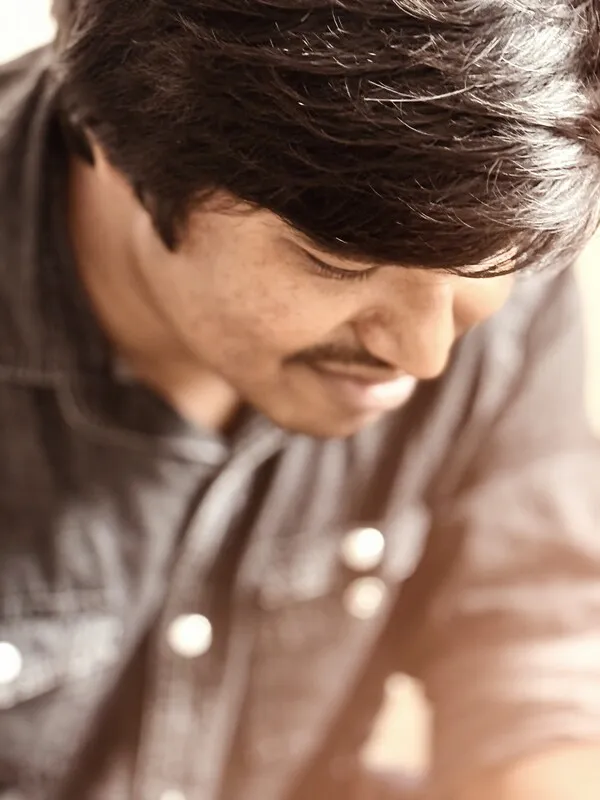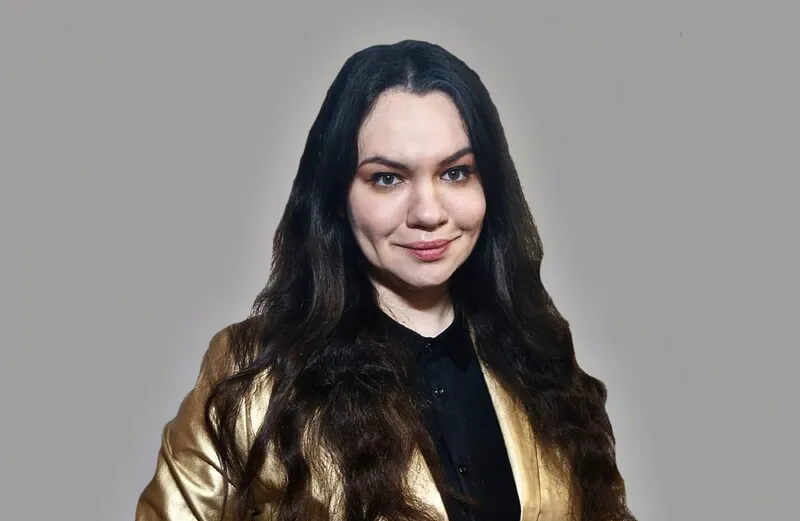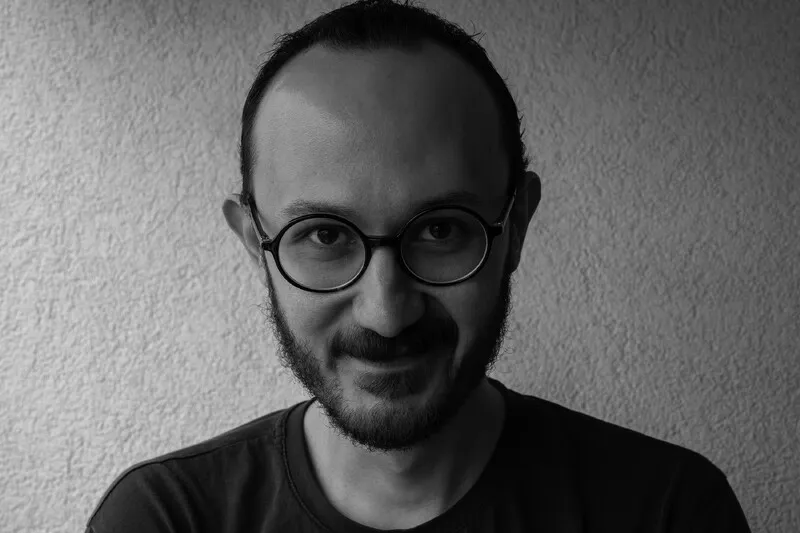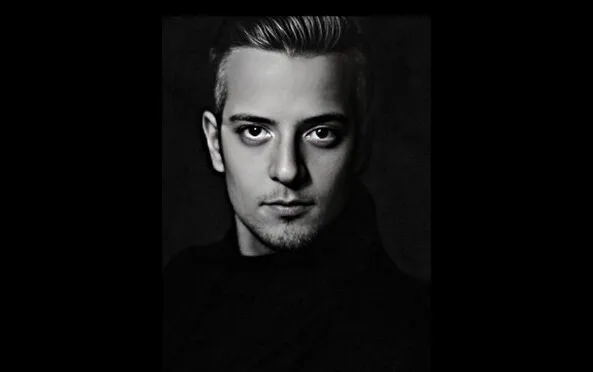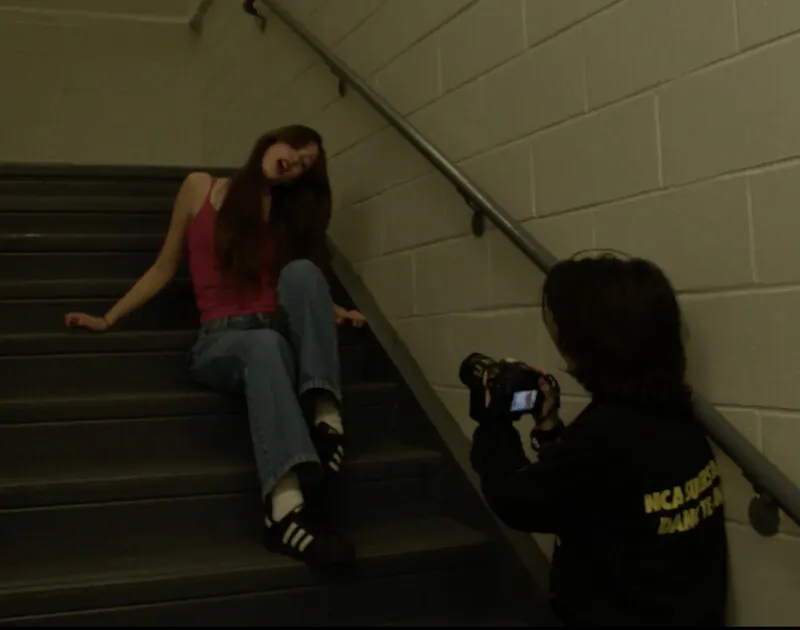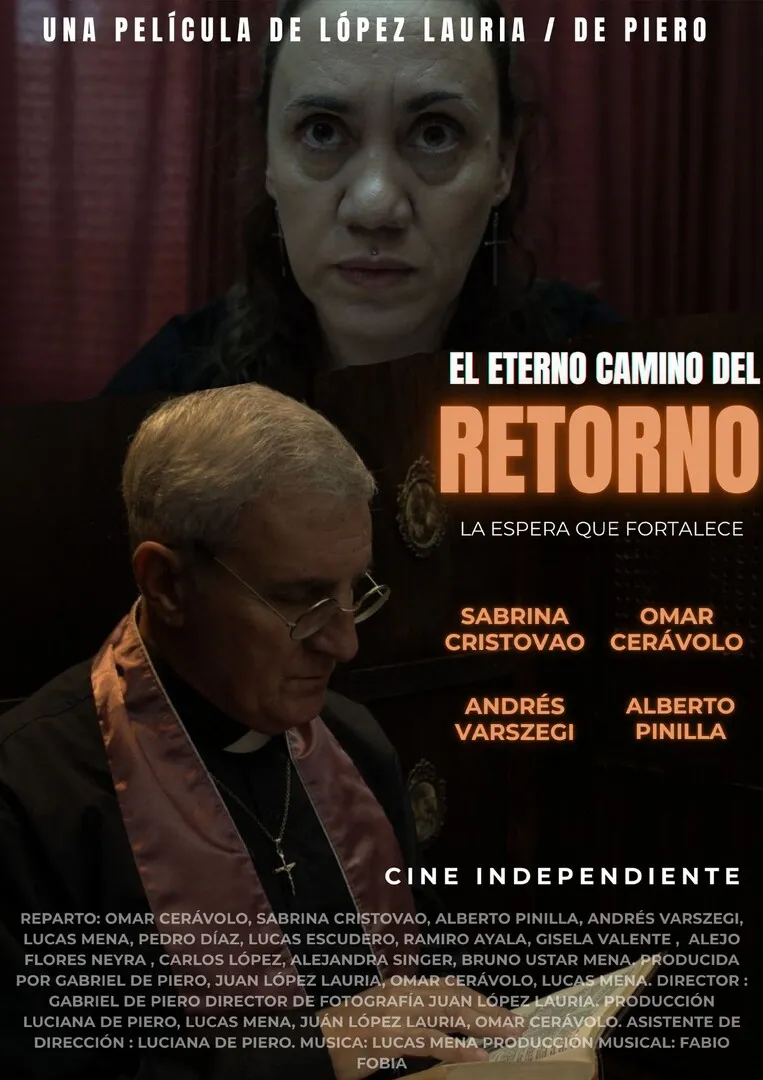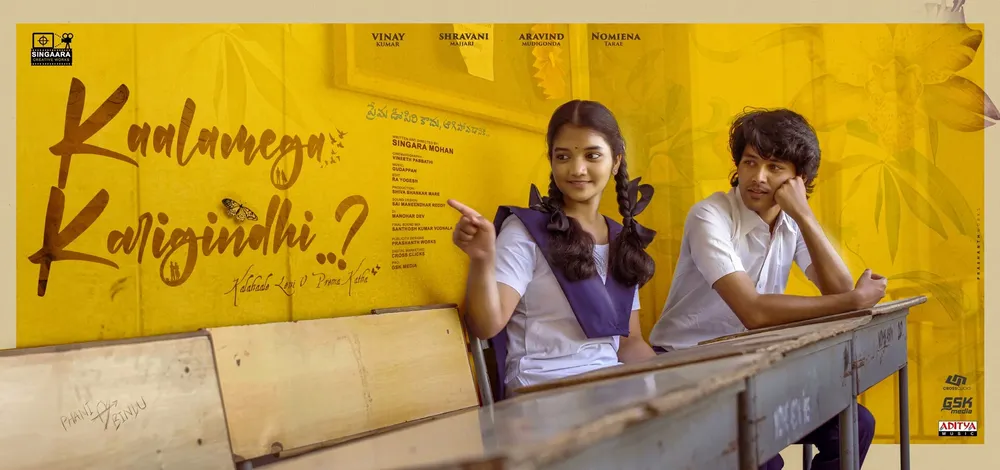
Borja Soler: "More than corruption, Mindanao talks about feelings"
By hoyesarte.com (Google translation from Spanish) In 2013, Borja Soler (Valencia, 1983) produced and co-directed the feature film Stockholm , together with Rodrigo Sorogoyen , which, among other awards, won the Goya and the Feroz for best drama. A good letter of introduction for someone who would be multi-awarded again with the shorts Now We Will Be Happy and Snorkel . The director returns to the path of awards with 17 minutes of Mindanao , a disturbing short film starring Carmen Machi and Paulina García.
INTERVIEWS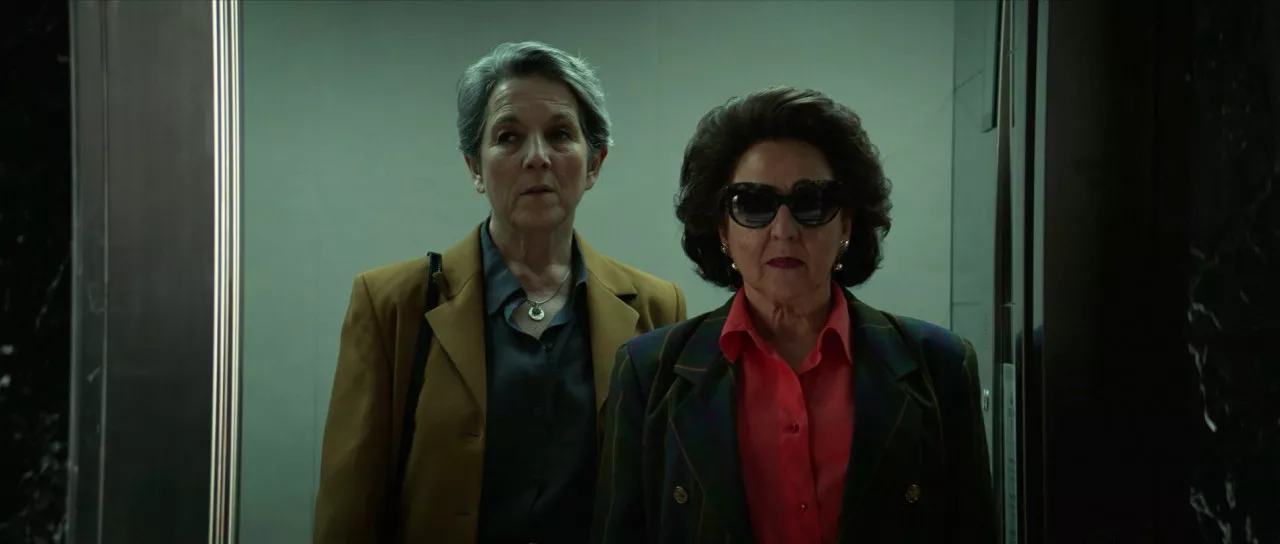
Marisol (Carmen Machi), the mayor of a city in the Spanish Levant spends her last hours in freedom surrounded by her devoted entourage. She drinks and laughs apparently unconcerned but, evidently, the procession is inside. In the hotel room where they celebrate the farewell party, he is accompanied by the right hand of his party, the businessman with whom he built his corrupt empire, a dim-witted secretary, a folk singer and his great love, Amparo (Paulina García ).
Marked by a script precisely conceived by Daniel Remón and Soler himself, which inevitably leaves in the air the unfortunate echo of situations experienced in the political reality of our country, Mindanao , which has already won 13 awards after its premiere at the last Malaga Festival , list of the apparent initial revelry to the sordidness of the crudest drama.
Borja Soler.
«Daniel and I had written a feature film, Spanien , as a previous step to the feature film», says the director when referring to the origin of the film. «Later I proposed to him to make a short film where the essence of that film was, the tone, the style and, mainly, the main characters. Although the history of Mindanao revolves around political corruption, this universe is only a framework and what is moving is the intimate story of its two main characters.
-Were Carmen Machi and Paulina García the actresses you thought of as protagonists from the first moment?
We already presented the feature Spanien to Carmen , because from the writing we thought a lot about her while we were building Marisol. He was fascinated by the character, so it was easy for him to jump into the short. In the case of Paulina, I fell in love with her in the film Gloria by Sebastián Lelio. In Spanien , her character, Amparo, had less weight in the plot so she was not very clear about who would be the ideal actress. After writing Mindanao , when elevating the character of Amparo, it seemed to me that although the bet on Paulina was very ambitious, we had to try it, and we succeeded.
-How do you get from the initial story to the one that finally rolls?
The bulk of the script work is by Daniel Remón. I simply proposed the essential premise: that it be a farewell for two lovers. Dani is a genius handling this tone. We've been friends since we studied film school and I admire him a lot, so it's a luxury for me to work with him and give him freedom in writing. Even so, a curious thing happened that we discussed with the finished short. On paper it seemed that we were going to make a somewhat grotesque comedy; that humor would fly over the entire short. But, finally, it became something very intimate and nostalgic. I love that we got to this result.
Only 17 minutes for a story that makes you want to know more about its protagonists...
Yes, it is something that tells us a lot. I usually ask them if they are more interested in knowing how the characters got there or its possible continuation. Most respond that they would also be interested in knowing more about their previous life; what has led Marisol and Amparo to keep this relationship hidden for so many years and how have they done it. All this responds to our interest in investigating the most personal part of the plot and not so much in its possible public or political effects.
What would you highlight in relation to the technical work of the shoot?
From the beginning I wanted to tell this story from a very classic narrative. Going to the concrete, from camera I liked the idea of telling the private and the intimate (the hotel room and the bathroom) with a livelier camera, with a certain tension, although the staging was rather sober. And in the final part, when the couple exposes themselves publicly in the hotel lobby and in the restaurant, that the camera had a certain distance, that it be stylized both in composition and in camera movements. I wanted to portray that ending in the most elegant and cold way.
[Nominated for the Goya 2022, Mindanao continues its course with a firm step, as corroborated by the fact that it has been officially selected in more than twenty film festivals]



